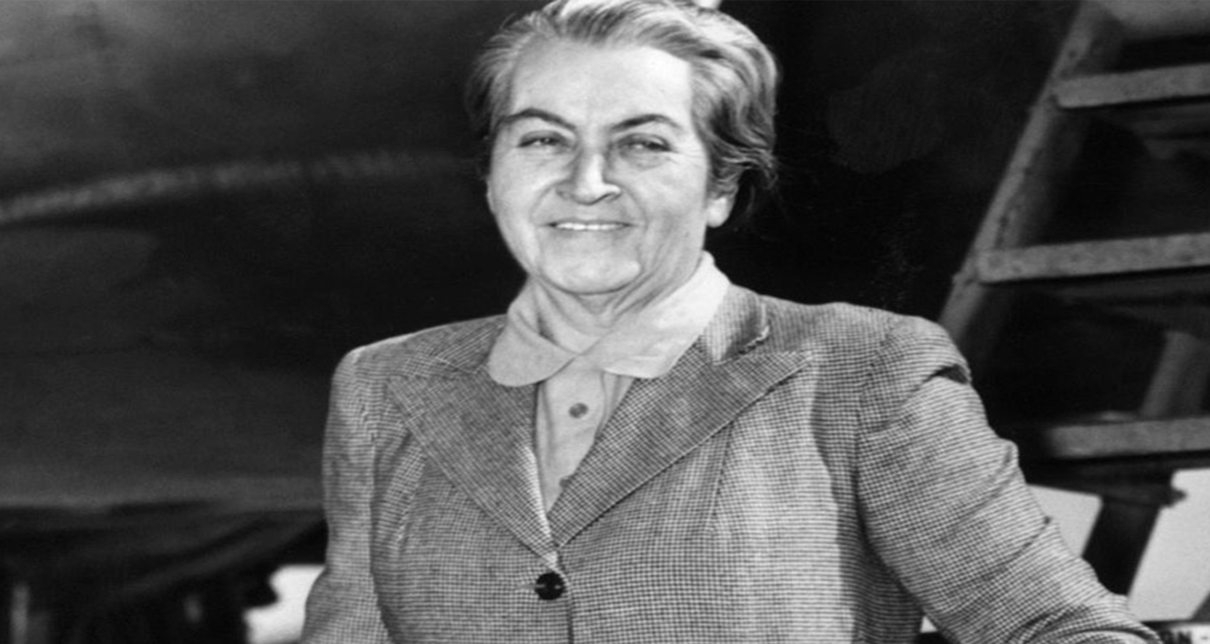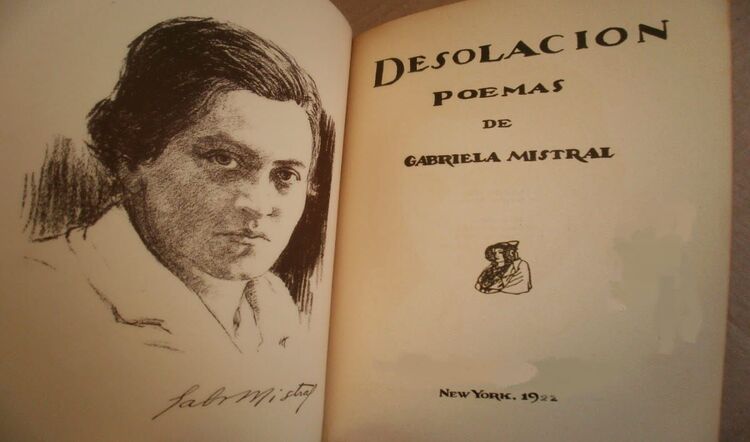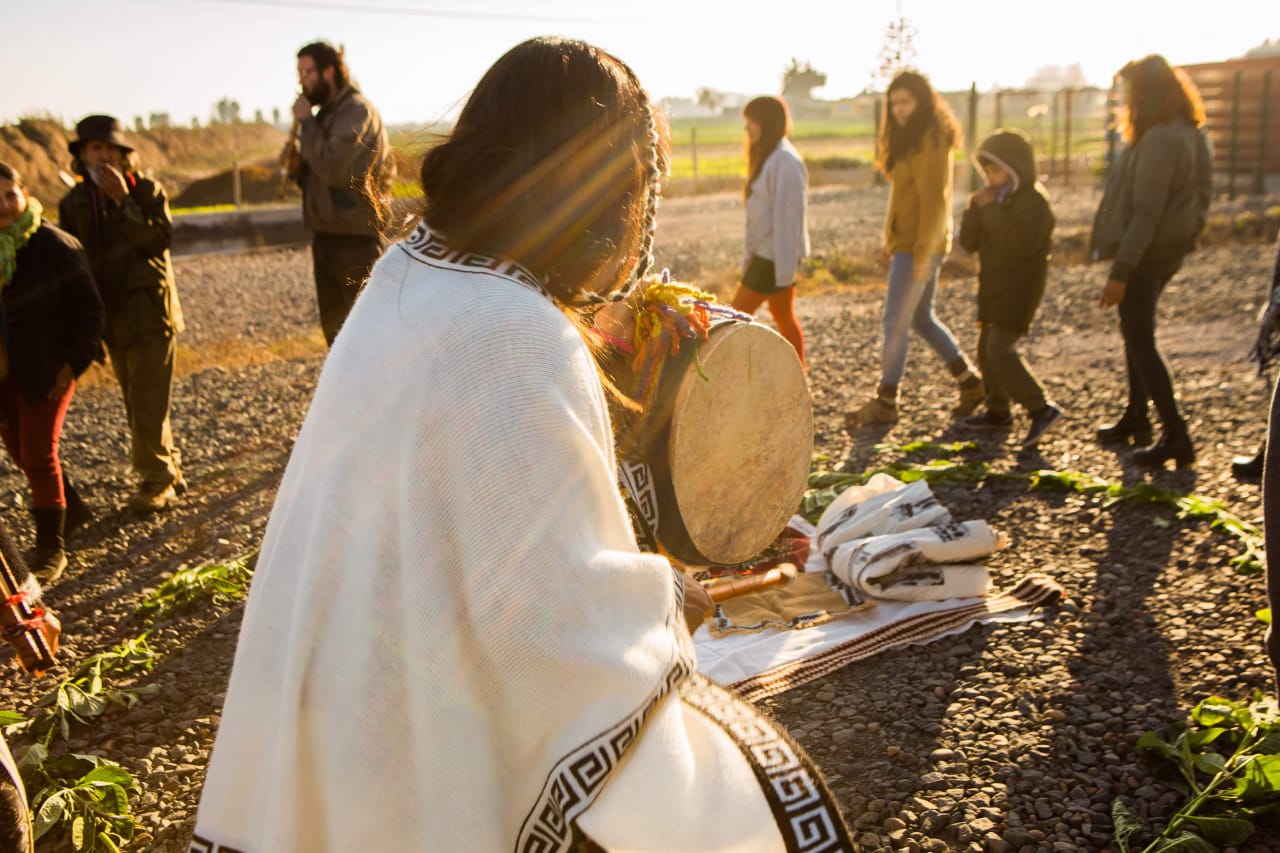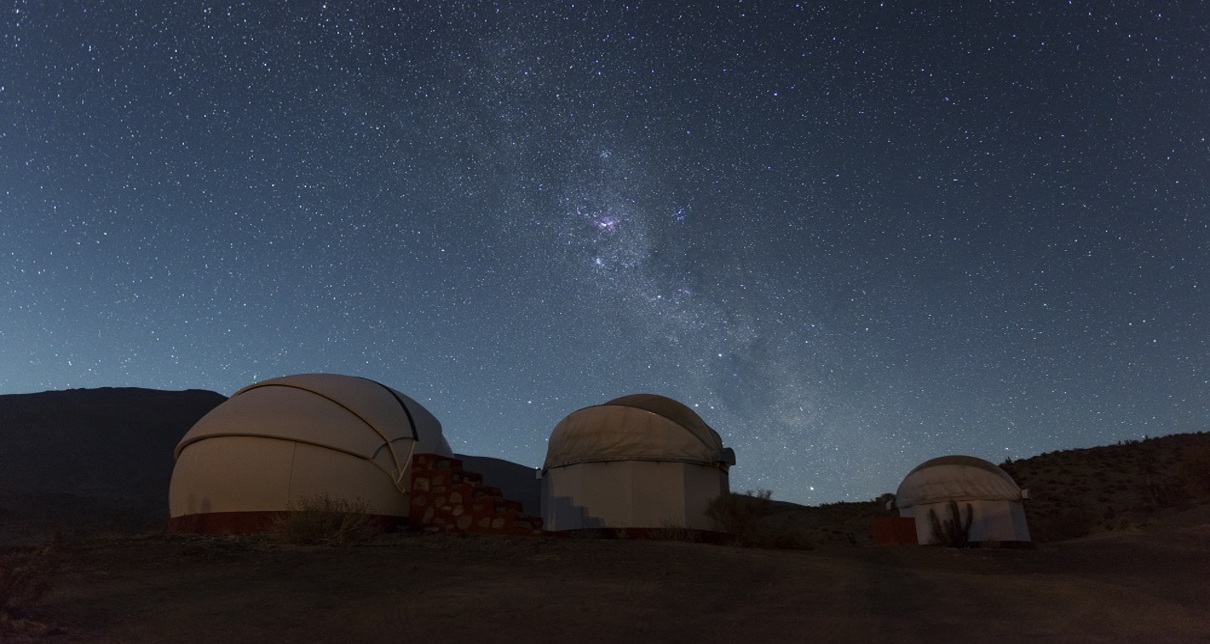Childhood and Youth
Gabriela Mistral was born into a family of modest means. Her father, Juan Jerónimo Godoy Villanueva, was a rural teacher, and her mother, Petronila Alcayaga Rojas, was a seamstress.
Mistral had a challenging childhood. Her father passed away when she was just three years old, and her mother had to work hard to support the family. Despite the difficulties, Mistral stood out for her intelligence and her love for poetry.
Literary Career
Mistral began writing poetry at an early age. In 1908, she published her first poem, “El soneto de la princesa,” in the newspaper “El Coquimbo.”
In 1914, she published her first book of poems, “Desolación” (Desolation). This book, known for its melancholic tone and existential themes, was a critical and popular success.
Mistral continued to publish books of poems throughout her life. Among her most notable works are “Ternura” (Tenderness, 1924), “Taller” (Workshop, 1923), “Lecturas para mujeres” (Readings for Women, 1923), “Recados de la tierra” (Messages from the Earth, 1926), “Eternidad” (Eternity, 1938), “Canciones de Chile” (Songs of Chile, 1954), and “Lagar” (Press, 1954).
Diplomatic Activity
Mistral also served as a diplomat. In 1922, she was appointed as the Chilean consul in Madrid, Spain. In 1925, she became the Chilean consul in Lisbon, Portugal. In 1933, she was appointed as the Chilean consul in Buenos Aires, Argentina.
Social Thinker
Mistral was a prominent social thinker who cared deeply about education and women’s rights. In 1925, she founded the International League of Intellectual Women.
Mistral passed away in New York on January 10, 1957. Her legacy remains alive to this day. Her poetry is regarded as one of the most significant works in Latin American literature.
Legacy
Gabriela Mistral is a key figure in Latin American literature. Her work, known for its simplicity, depth, and sensitivity, has inspired generations of readers.
Mistral is also an important figure in feminism. Her dedication to education and women’s rights made her a pioneering voice in the fight for gender equality.
Gabriela Mistral’s work and legacy stand as a testament to her talent, social commitment, and humanistic vision.





